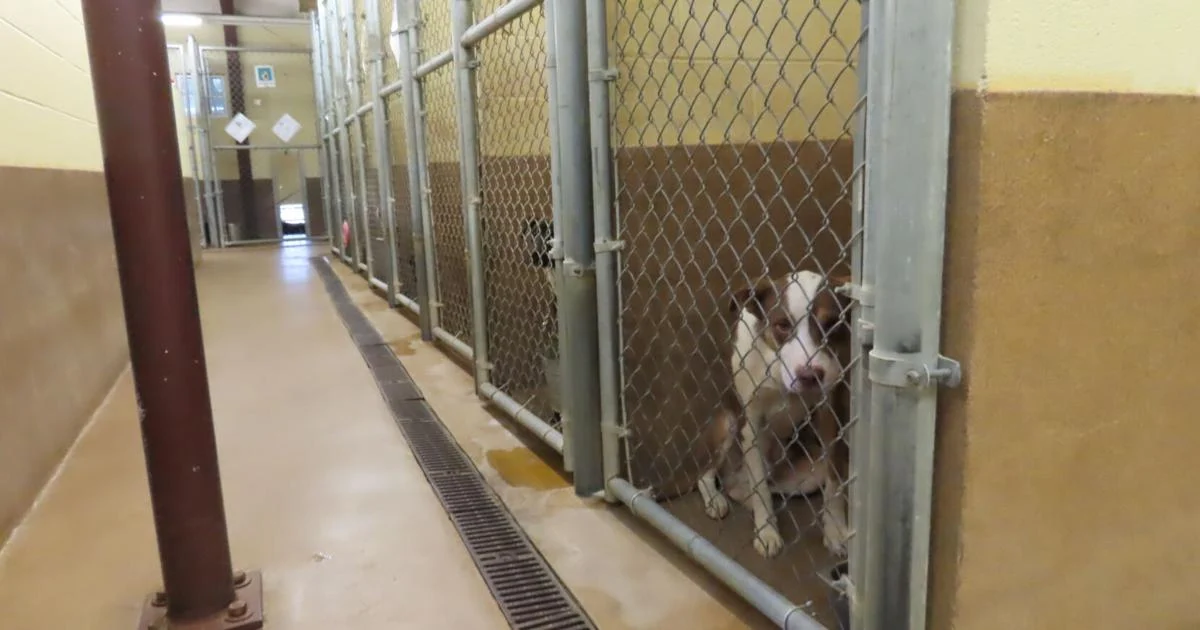
FLORENCE – It’s nothing new for the Florence Area Humane Society to be overcrowded.
Dogs and cats fill up the shelter, but even at the society’s horse rescue, barn stalls act as overflow for dogs who came in after capacity was reached.
This year alone, the shelter has seen a higher intake of animals than they have in the past couple years, Humane Society President Jayne Boswell said. A lot of that space gets taken up by litters of puppies, the numbers of which have also spiked.
The overcrowding speaks to a bigger issue: spaying and neutering – the “ultimate solution” to the shelters overcrowding, Boswell said. Thanks to new funding, a low-cost clinic that closed during the coronavirus pandemic is set to reopen.
“Certainly down here (in South Carolina), there are very few places that have any kind of spay/neuter ordinances, and there’s no state law, so people aren’t required to get their pets spayed or neutered,” Boswell said. “Unfortunately, that means that we have litters of puppies and kittens born that there’s really no homes for them.”
Meanwhile, people leave strays outside of the Florence shelter or put litters of puppies and kittens over the building’s fence. The number of owner surrenders has gone up alongside the number of pets dumped on the side of the road, Boswell said.
“Unfortunately, a lot of (unwanted pets) don’t live to grow up because they don’t have a chance to be healthy, and our shelters right now are full – both city and county and even neighboring counties,” Boswell said. “So it’s just kind of a tragic, sad situation that we would love to change.”
There was a helpful community resource for a time: Spay Neuter Intervention of the Pee Dee, or the SNIP clinic, a low-cost spay and neuter facility that the shelter ran successfully for 10 years.
The goal of SNIP was never to make money, Boswell said, the clinic’s goal was to break even, but with the coronavirus pandemic in 2020, and the loss of the clinic’s veterinarian, SNIP closed its doors.
The loss of the facility was felt. The SNIP building at one point housed shelter animals during overflow periods, and people would knock on the door while staff was there, asking if the clinic was open and begging for help, Boswell said.
Last year, Boswell floated reopening the clinic, and a grant is helping make it a reality.
The Humane Society was recently awarded a $100,000 grant from the Nemec-Abbott Foundation, a private charitable foundation with core focus areas including animal welfare, poverty, nature conservation, education and the arts, according to a release.
Building renovations are nearly complete. The floor was replaced, the walls repainted and the rooms updated.
There’s still a ways to go for the SNIP building itself, even with the renovations almost done. The clinic needs to secure other funding to replace and repair aging equipment, not just for spay and neuter operations, but for basic office operations as well, Boswell said.
Those include computers and printers, but also a new washer and dryer for towels and sheets, new cages and new pet beds.
Some funding from the foundation will go toward hiring a veterinarian, a task that has been hard throughout a state-wide vet shortage.
The clinic doesn’t have an official opening date yet, but Boswell said they hope to open as soon as possible.
The lack of affordable options for spaying or neutering pets is a source of overcrowding, long-time humane society volunteer Pam Rhoads said. The clinic’s reopening would give low-income households accessibility to spaying and neutering that they otherwise might not be able to afford.